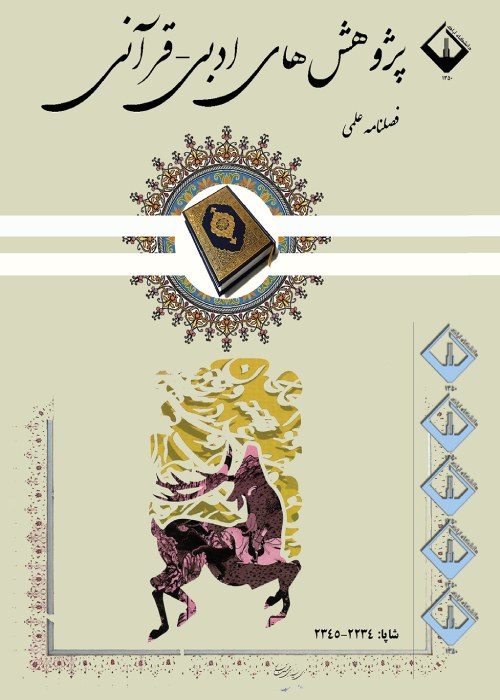Deconstruction and Its Challenges in Interaction with the Qur’anic Text: A Study of Surah Tawhid
Deconstruction manifests itself in various forms: sometimes it is a philosophical position, sometimes it is a political and intellectual strategy, and sometimes it is a way of reading, but in general it can be examined from two angles: 1- deconstruction as a tool for textual analysis which separates the basic elements of a structure from each other in order to discover the relationships of these elements and to identify the contradictions and strengths and weaknesses of that structure, in a pyramidal manner and from whole to part. 2- deconstruction as a critical school and a philosophical and ideological current in response to structuralism. From Derrida's point of view, this critical-philosophical current is a constant exploration of the context of the text and hesitation and separation in all meanings, especially the meaning of truth, which derives its origin from Logos, and reveals contradiction, relativism, plurality, multiplicity of meanings, and the complete openness of the text to all possibilities and meanings, and accordingly, by emptying the text of external components such as context, author, history, etc., it removes any boundaries, sacredness, and stability from the text and ignores dualities and fixed principles and its truth. This method of reading the text, despite its fundamental and wide differences in origin with the cultural context and special conditions of Islamic societies, is used by some Islamic thinkers in reading Islamic texts. The present article, using descriptive-analytical method, employs an epistemological approach, in addition to the methodology of deconstruction reading and its philosophical and linguistic foundations, deals with the important issue of unbridling the relationship between the signifier and the signified, creates a great challenge in the field of Qur’anic text (here Surah Tawhid) which is due to the stark difference between two types of worldviews. Deconstruction is a human ideology that is not in harmony with the centralism and absolutism of monotheism, but is exactly the opposite of monotheistic and religious thought. Thus, contrary to the deconstructionist view that the value of "writing" takes precedence over "speech" and the death of the author and the multiplicity of meanings, in the text of the Holy Qur’an, as both the divine "book" and "word", rather than observing the multiplicity of meaning, we see the depth, breadth, and layers of meaning that are expressed through a specific and deliberate system, and in contrast to the precedence of "absence" in deconstruction, "presence" and "absence" in the centralist text of the Qur’an are simultaneously and proportionate to readers' level of perception noticeable.
- حق عضویت دریافتی صرف حمایت از نشریات عضو و نگهداری، تکمیل و توسعه مگیران میشود.
- پرداخت حق اشتراک و دانلود مقالات اجازه بازنشر آن در سایر رسانههای چاپی و دیجیتال را به کاربر نمیدهد.


